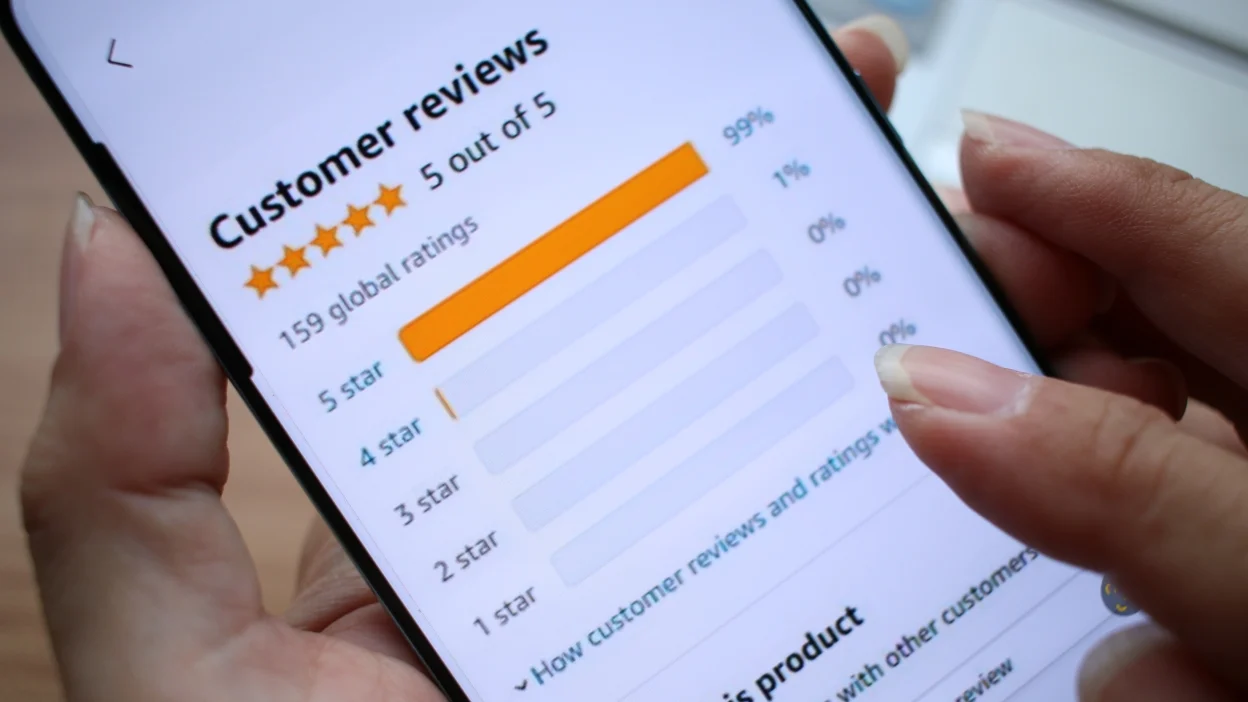In a significant move to enhance consumer trust and market transparency, the Federal Trade Commission (FTC) has finalized a new rule aimed at combating fake and deceptive online reviews and testimonials. This rule, set to take effect on October 21, 2024, marks a pivotal step in the FTC’s ongoing efforts to protect consumers from misleading information and ensure fair market practices.
Key Provisions of the FTC’s New Rule
- Prohibition on Fake Reviews
The rule strictly prohibits businesses from creating, selling, buying, or disseminating fake or false consumer reviews and testimonials. This includes reviews generated by artificial intelligence (AI) or those that misrepresent the reviewer’s identity or experience with the product. - Incentivized Reviews
Businesses are now barred from providing compensation or other incentives in exchange for reviews expressing specific sentiments, whether positive or negative. This prohibition applies to both express and implied conditions, ensuring that reviews are genuine and not influenced by financial or other incentives. - Insider Reviews and Testimonials
The rule imposes strict limits on reviews and testimonials from company insiders. Any material connection between a reviewer and the business must be clearly and conspicuously disclosed. Reviews and testimonials by officers, managers, or employees without proper disclosure are prohibited. - Company-Controlled Review Websites
Businesses are prohibited from misrepresenting that a website or entity they control provides independent reviews or opinions about their products or services. This ensures that consumers are not misled by reviews that appear to be independent but are actually controlled by the business. - Fake Social Media Indicators
The rule prohibits the misuse of fake social media indicators, such as artificially generated followers or views, to deceive consumers about a business’s popularity or credibility. - Review Suppression
The rule prohibits businesses from using threats, intimidation, or false public accusations to prevent or remove negative consumer reviews. This ensures that genuine voices are heard and that consumers can trust the reviews they read.
Impact on Businesses and Consumers
- Enhanced Transparency: The new rule aims to increase transparency in online reviews, allowing consumers to make more informed decisions based on genuine feedback.
- Compliance Challenges: Businesses must review their marketing strategies and ensure compliance with the new rule to avoid significant civil penalties, which can be up to $51,744 per violation or per day for ongoing violations.
- Fair Market Practices: By combating fake and deceptive reviews, the rule promotes fair competition among businesses, ensuring that those who comply with the law are not disadvantaged by competitors engaging in deceptive practices.
Steps for Compliance
- Review Marketing Strategies: Businesses should immediately review their current marketing strategies, websites, and advertisements to identify any practices that may violate the new rule.
- Implement Remedial Measures: Companies must implement necessary changes to comply with the rule, including ensuring that all reviews are genuine and that any material connections are disclosed.
- Train Staff and Third-Party Agencies: Ensure that all employees and third-party marketing or advertising agencies are aware of the new rule and comply with its provisions.
- Use Trustworthy Review Platforms: Consider using reputable review platforms that align with the FTC’s guidelines to ensure the authenticity of reviews and testimonials[5].
The FTC’s new rule is a significant step towards maintaining the integrity of online reviews and testimonials. By prohibiting fake and incentivized reviews, ensuring transparency in insider reviews, and preventing review suppression, the rule enhances consumer trust and promotes fair market practices. Businesses must take immediate action to comply with these new regulations to avoid legal risks and maintain a competitive edge in the marketplace.






